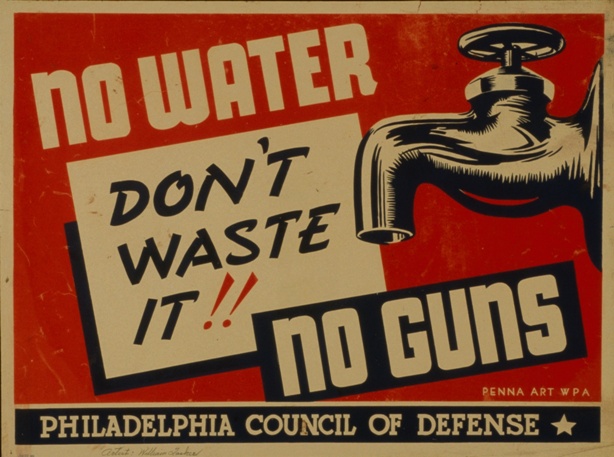
This past weekend, I listened to a guest pastor at our church speak about climate change.
All week I’d been looking forward to his sermon, entitled “Radical Hope.”
Like many people who worry about climate change, I’m not generally awash in hope. My feelings, particularly after the recent U.S. elections, hover more along the lines of grave concern. Defeat. Despair.
The idea of sprinkling some seeds of hope into the mix felt enticing, necessary.
When Reverend Fred Small began speaking, though, I didn’t feel hope. As he tallied off some of the effects of climate change that we’re already seeing—the rising sea levels, the unprecedented warming of the Arctic, the acidification of our oceans—I felt like I was listening to a eulogy for something huge, something dying, that my brain couldn’t take it all in.
A eulogy for Earth.
For everyone I loved and everyone I had not yet had the chance to love. For the future of my amazing children, and yours.
I sat, my chest aching, tears rolling down my cheeks. I felt duped, as this man voiced my quietest, darkest concerns, as if speaking about it made it more vivid, more real—where was the part about hope, dammit?
But finally, blessedly, he wove his way there.
He spoke about callings, and how a calling is not something we ask for, but rather something that is asked of us.
He spoke about faith, that silent blossom in us that knows there is more to this existence than what we can see, hear, smell, taste and touch.
And I started to feel it.
One of the ways I get most stuck in my life is when I anticipate the future through the filter my own past and present.
It’s human nature to do this, and it’s in our evolutionary interest—if we touch a stove and it’s hot, we get burned. We’re more cautious next time. But anticipating the future this way is also constricting and often wildy inaccurate. Life unfolds in the most surprising and mysterious of ways—ways we could never predict. As a teenager in Alaska, if you’d told me I’d someday live in a town in Maine that I hadn’t yet heard of, I would’ve been skeptical. If you’d told my gym-loathing, cassette-tape-listening 17-year-old self that I’d one day run a 5k, and we’d all be toting around tiny computer/phone/stereo/cameras in our pockets, I would’ve stared blankly at you.
If you’d described the breathtaking landscape of my future children’s faces, their blue eyes and velvet cheeks, or the complex tapestry of their personalities, all the nuance and surprises, I’d have thought you were crazy, if highly specific.
And if you’d told me that in 25 years, I’d have to rethink my basic assumptions about the way I live my life because our planet was facing a mind-boggling threat, I’d have been pissed. I am pissed. I want a soft, cushy life. I want to laugh a lot and eat nachos. I want to snuggle with my children while they are continuously on their best behavior, and then I want to watch Gilmore Girls. I don’t want to have to think about our planet becoming uninhabitable.
But as Reverend so eloquently said, we don’t choose our callings. They choose us.
Somewhere, right this moment, a team of scientists is brainstorming ideas about carbon mitigation.
Somewhere, in cities near and far, the next generation of leaders are preparing. Are being prepared.
Maybe you’re one of them.
If we are to have a chance to slow what’s happening to our country and our planet, we have to nurture this type of hope. This radical, unpredictable, wild braid of hope. Because despair is the enemy of action. Despair is curling up in the fetal position and staying there. It’s plugging our ears to what we know is the truth. Hope, meanwhile, is taking steady, determined action toward change. It’s kicking at the walls of what we believe to be possible until they crumble around our ankles, proving our strength, our human lack of foresight, our innate capacity for possibility.
Here are three steps you can take today to support the radical hope that we can change our relationship with the earth.
Write, call or email your politicians. Urge them to support legislation to help climate change. Consider printing out their contact information and putting it up on your refrigerator to remind you to regularly let them know that battling climate change is important to you as a constituent.
Make tonight’s dinner meatless. Raising livestock produces more greenhouse gas emissions than the transport industry does. Replacing meat with plant-based protein is better for our health and is less expensive.
Get educated. There are many free courses you can take online to learn more about climate change. Being informed means you can speak knowledgeably about the environmental risks facing us, the solutions at our fingertips, and you can inspire others to take positive action.
~
Author: Lynn Shattuck
Image: Public Domain
Editor: Catherine Monkman










Read 1 comment and reply